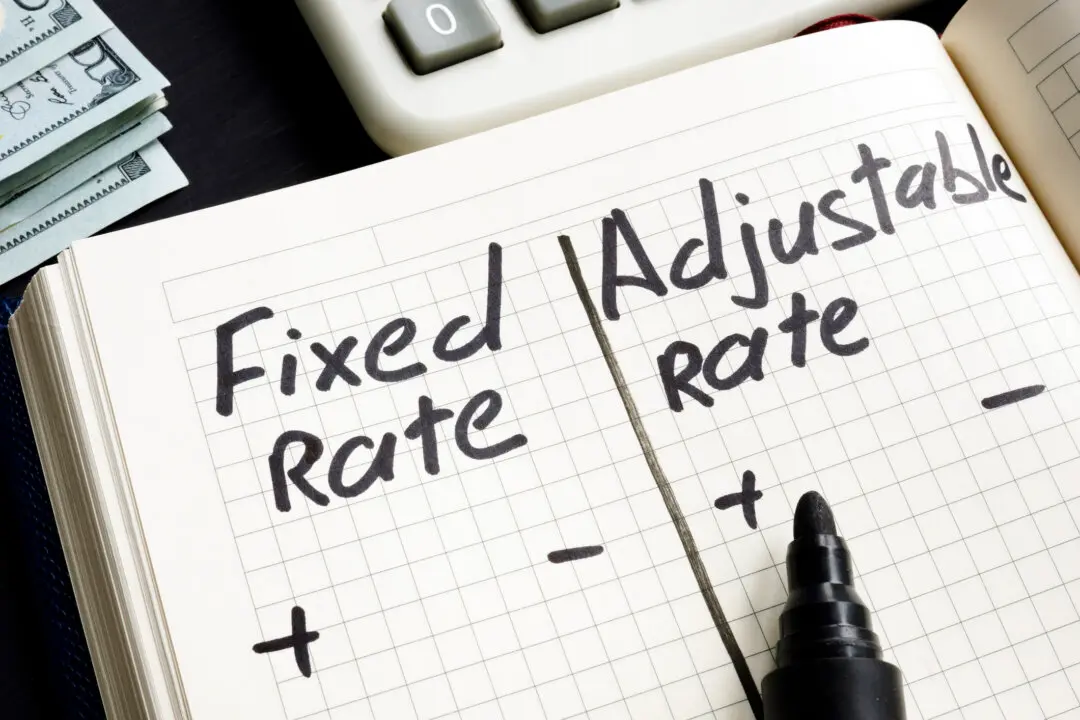By Ashlyn Brooks
From Kiplinger’s Personal Finance
Apple recently announced that loans made through its buy now, pay later (BNPL) program will be reported to Experian, a major credit reporting company. If more lenders follow Apple’s lead, the change could help consumers who use these loans build a credit history—but it could hurt their credit scores, too.






